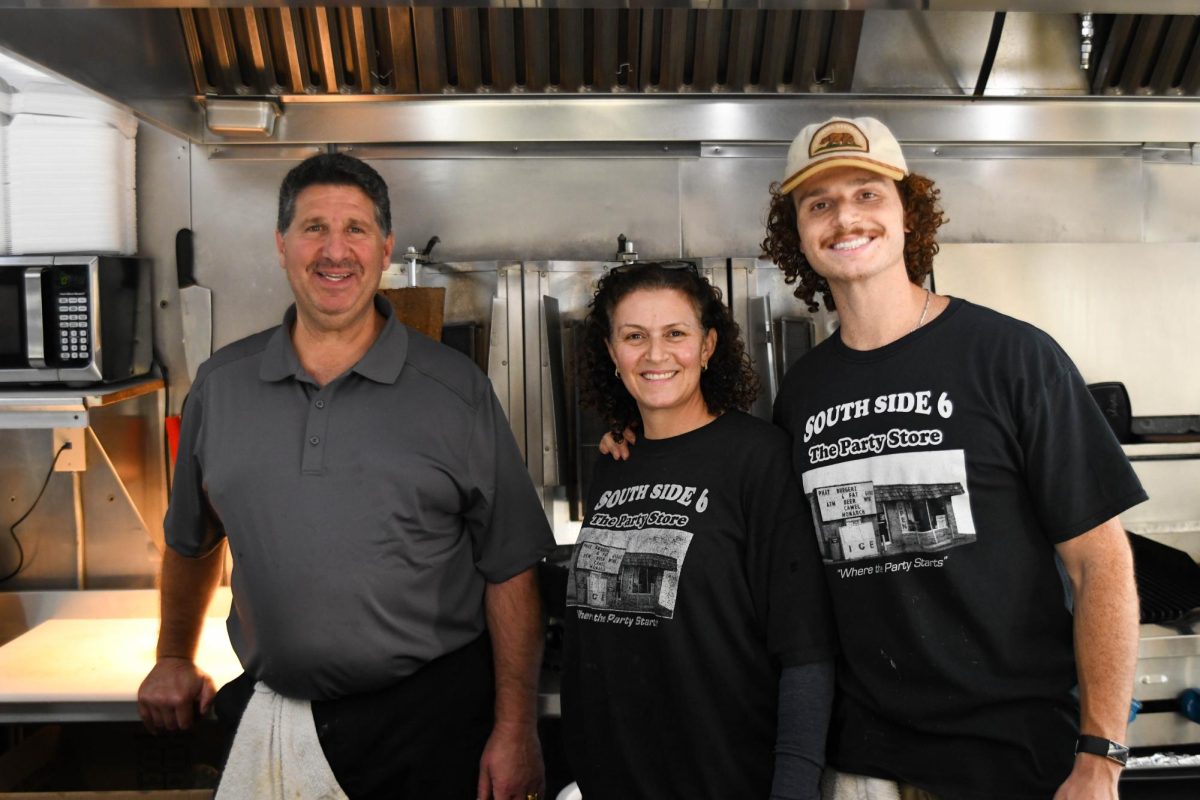If one were to look at our planet it would not be hard to see the earth is dominated by humans, and James Peterson-Meyers’ lecture Wednesday was focused on this fact.
Peterson-Meyers came to the University as the keynote speaker for Earth Week. He spoke in front of a mixed group of students and faculty in the Union Theater.
Peterson-Meyers is the senior advisor to the United Nation Foundation. He earned his doctorate degree in biology at the University of California at Berkeley. He has co-authored the book, Our Stolen Future. The book focuses on the effects of pollution on fetal development.
Peterson-Meyers has invested much of his time investigating birds in the far reaches of the world. He spent many years as a field biologist studying birds before he decided to try something new.
“Stuff happens that changes your perspective,” he said. He said people, not birds, were making decisions that affected land changes.
Peterson-Meyers then began studying energy technologies. He traveled to western China, in a valley that was far from any road system. The area had been untouched by deforestation. Meyers saw a monk standing in a field doing what Peterson-Meyers thought was praying. Upon closer inspection, he noticed the monk was playing a Gameboy.
“We live in an incredibly globalized economy,” he said. To Peterson-Meyers, this was a symbol that what is produced and the results of that productionreach all areas of the globe.
What humans do on Earth has an effect on the globe as a whole. After many years of humans damming water, the rotation speed of Earth has increased and the Earth has begun to wobble on its axis, Peterson-Meyers said.
The development of harsh detergents also has an effect on human development. According to Peterson-Meyers, research finds that Bisphenol A, a harsh chemical in detergents, has led to aneuploidy, which causes birth defects in lab mice.
“Aneuploidy is the single biggest cause of birth defects,” Peterson-Meyers said. Tests are being conducted to determine if the defect, which is a cause of Down syndrome, is caused by Bisphenol A in humans as well as mice.
Peterson-Meyers said humans must make the choice to have a better economy. “We can wait for something to happen, or work actively as a society to build a new energy economy,” he said. Fuel-cell cars, which emit water as a waste product, may be one way that humans can change the world, Peterson-Meyers said. He hopes some day that school buses will run on fuel cells, and that schools can plug into the buses for the energy they need.
Senior Julie Schwenning, a member of the Environmental Action group, enjoyed Peterson-Meyers’ speech. “He showed a way to move forward with hydrogen cars,” she said.
Peterson-Meyers wants humans to realize that they must make changes. “We are a vibrant, emerging, civil society of people coming together to solve problems,” Peterson-Meyers said.







